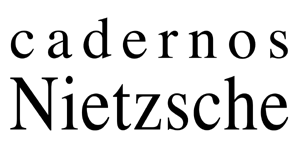Abstract:
In the hermeneutics’ maze of Nietzsche’s thought, a chapter dedicated to the reconstruction of his reflection about modern press is still missing. But scanning his works, it can be noted how the passionate diatribe against newspapers accompanies him through all his life stages. Journalism never leaves his polemical sights since it represents a real social-cultural issue to him. He proves to be an accurate observer of their influence in culture and society of his time: his eye swings between theoretical considerations about the culture-journalism relationship and more concrete phenomenological observations about the influence of media on the daily lives of his contemporaries. A lifetime battle which has regrettably settled in a limited amount of material, filled with personal grudge: everything Nietzsche has left us about the newspapers’ world, is scattered in short passages, whose tone is almost always excessive. This fragmentation and this pathos become, however, the only path to follow to reconstruct Nietzsche’s polemic towards printed press. Fleeting brushworks they are, from which it seems to appear an image of Nietzsche as very aware of the frequent matching between the experience of modernity and the experience of newspapers. His untimeliness shows a vibrant “phenomenological cross section” of a fundamental aspect of modernity, so far still extremely relevant and problematic.
Keywords:
Nietzsche - Press; Journalism; Modern Culture; Public Opinion
